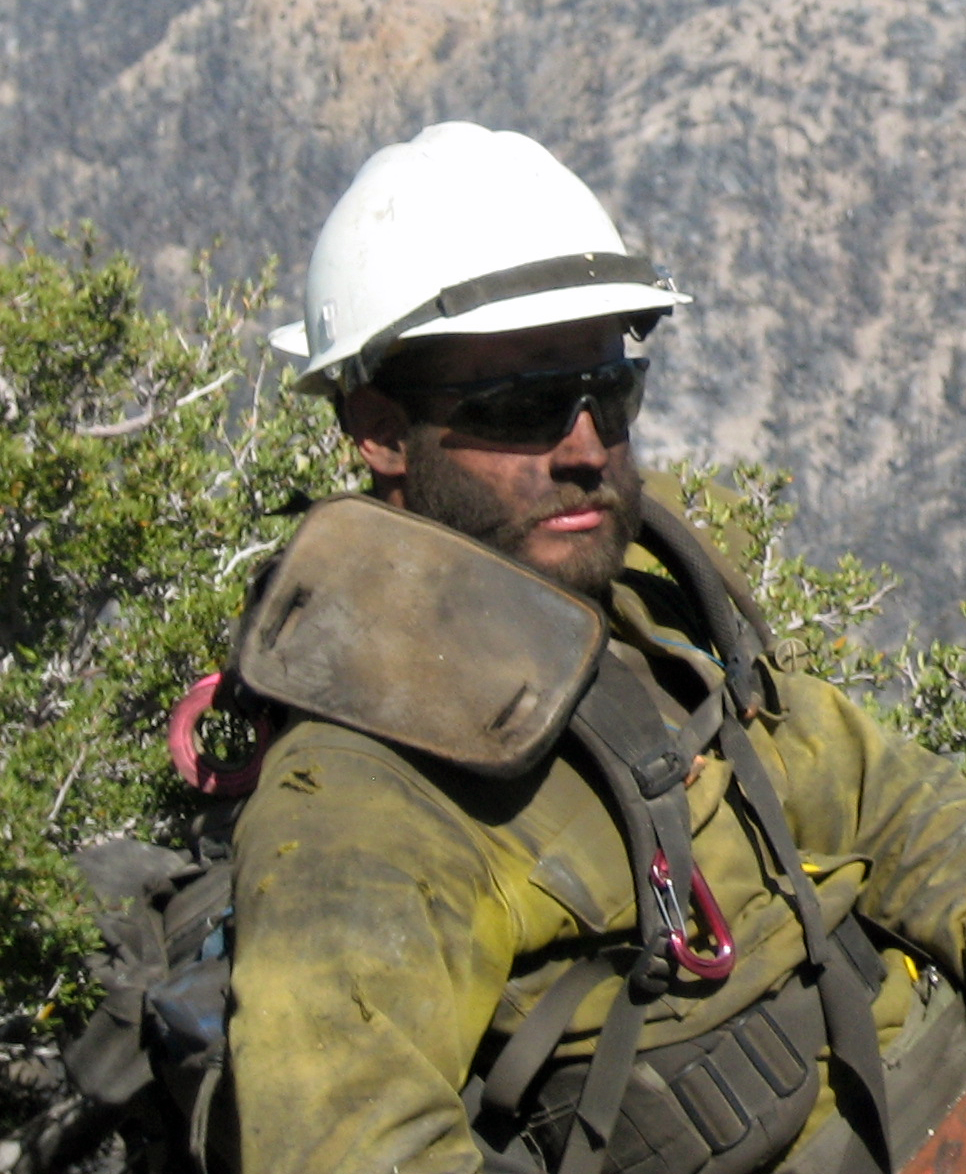Critical Incident Peer Support

Critical Incident Peer Support (CIPS) is about peers, or “people of mutual respect” helping each other, i.e., firefighters helping firefighters. The shared experiences of peers foster the initial trust and credibility necessary for developing relationships in which individuals are willing to open up and discuss their reactions and concerns after a critical incident.
Peer relationships are effective because they are built around this mutual understanding, respect, and trust, which is the foundation of the CISM program. These commonalities contribute to the credibility necessary for developing relationships in which individuals are willing to open up and discuss their problems despite concerns about stigma.
Peer-to-peer programs facilitate opportunities for individuals to talk with trained peer supporters who serve as a "bridge" to connect with Mental Health Professionals (MHP). Peer Support Groups can offer educational and social support and provide avenues for additional help if needed.
What We Do
Properly trained and clinically supervised Critical Incident Peer Support Groups provide several services that include situational assessment for Agency Administrators, Managers, and others to help determine the appropriate response. Each process is put in place based on a methodical approach. Tactics are applied at the right time, in the right place and under the right circumstances. We provide the leadership to organize chaos into ultimate order. We provide a licensed Mental Health Professional (Clinician) who is experienced in trauma and meets our screening and experience criteria. We provide Peer Supporters who can travel to the fire line, spike camp and other remote locations.
Training and Certification
Training is a critical aspect of ensuring consistency and confidence in peer supporters. Specific training needs have been developed in association with the defined roles of each Critical Incident Peer Support Group member. Critical Incident Peer Support Groups as well as Critical Incident Stress Management Coordinators (CISM Coordinators) providing crisis intervention services for BLM personnel will be trained and certified by the International Critical Incident Stress Foundations (ICISF).
Recruiting and Screening Peer Supporters
It is crucial that oversight of a CISM program is continuous and that peer supporters are carefully screened and trained properly. The selection process may include a review of applicants’ interests and motivations for being peer supporters, such as their previous education and training, as well as personal exposure to traumatic experiences and the responses to those experiences. There are desirable personal qualities such as maturity, good judgment, empathy, teamwork, and personal and professional credibility that should be evaluated through the selection process. It can be useful to provide applicants with scenarios to gauge applicants’ empathy, interpersonal skills, and judgement.
Limitations to Peer Support and Road to Resiliency
The use of peer supporters is not a substitute for the services of mental health professionals. It must be established and understood that peer supporters augment the services of clinician but do no replace them. Not everyone is suited for the role. Some individuals may be unwilling to talk with peers because they question their credibility/validity, may know them well or professionally they are too closely associated, want to be counseled by a professional, or because they are concerned about lack of confidentiality.
The emphasis of peer support must be on the management of stress, not on the stress itself. It is easy to fall into the trap of sharing ‘war stories’ when speaking to those in crisis to underscore many of the unique ways stress presents itself following a critical incident or trauma. Stressful stories told to stressed-out people can often compound the trauma by having the exact opposite of the desired effect. People in a crisis simply have no emotional reserve to hear someone else’s crisis story. However, when the greatest emphasis is placed on the management of stress with a sincere desire to foster growth and resiliency, real healing and change can occur with lifelong positive implications that impact not only the individual in crisis but their family, friends, and peers as well.








